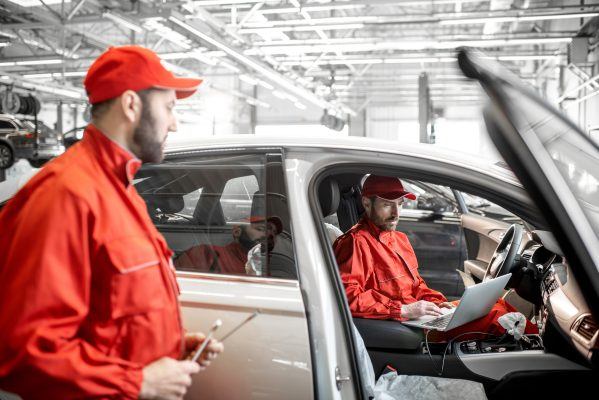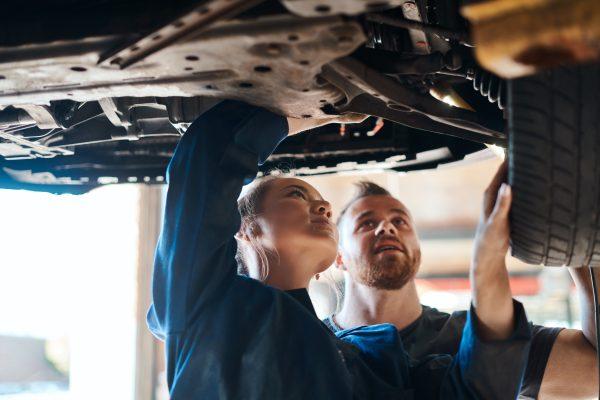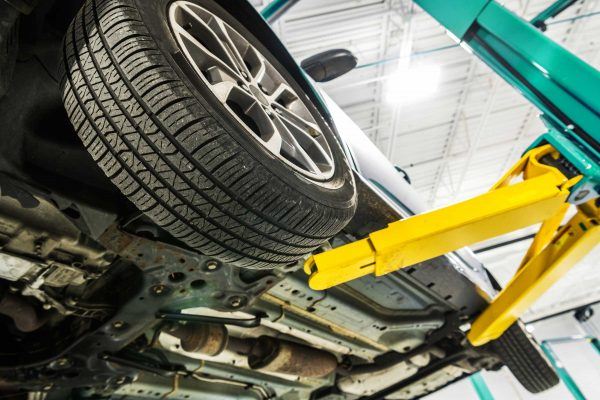Why check your car brakes?
It’s your worst nightmare – driving along the road, you attempt to stop, and your brakes fail.
It’s not always as you see it in the movies, though. Sometimes a car brake failure is a slow and gradual process, making your car unsafe to drive without you even realising it.
Having your brakes checked on a regular basis is absolutely essential so you don’t end up in that scenario where a sudden, severe brake failure results in a serious accident. Once our mechanics thoroughly inspect your car we will undergo a comprehensive brakes repair.
A thorough brakes check is part of the regular vehicle servicing that we do to make sure your car is in its optimal condition to drive safely. You don’t need to wait until your car needs a full servicing though.
NZTA Requirements
All vehicles on the road in NZ must meet New Zealand Transport Agency Waka Kotahi requirements. There are a number of requirements involving the acceptable condition of your vehicle’s brakes – service brakes, parking brakes and electronic stability control (ESC) systems. We advise you have an experienced panel beater like the team at Mt Roskill Collision Centre check these requirements for you.
Book your vehicle in to have a brakes check if any of the following apply:
- you’ve purchased a used car – always have it checked before you start driving it, even if you’ve been told that its brakes are new or in good condition
- you hear any grinding or squealing noises
- you suspect your vehicle isn’t reacting or stopping as quickly as it should
- you notice any changes in the way your vehicle handles or drives
Our car mechanics will:
- check your brake pads for damage or signs of wear
- check your brake fluid
- check your brake pedal
- check your brake lines/hoses
- check your parking brake system
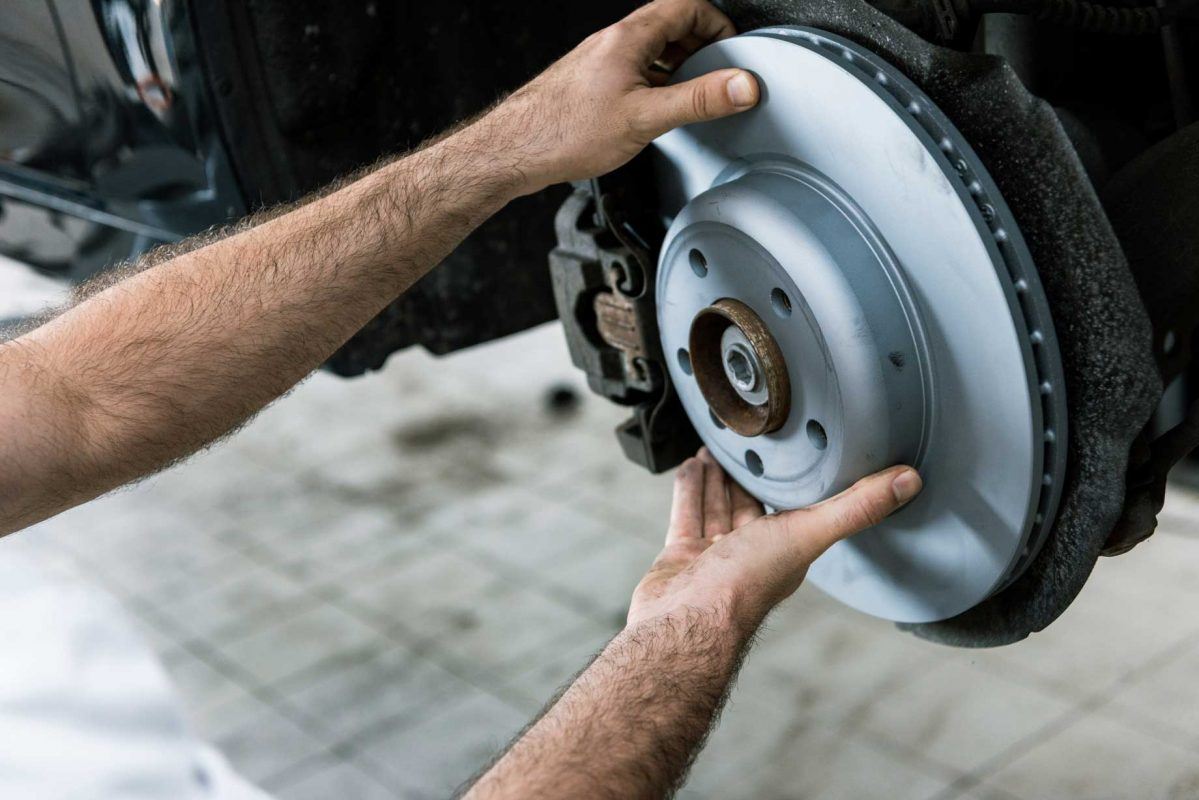
How long should car brake pads last?
Brake pads is one of the most common components of a car that wears out over time and should be examined on a regular basis for your own, and others’ safety.
The life expectancy of brake pads can vary substantially depending on factors such as vehicle type, brake pad type, driving circumstances, driving behaviours, and the quality of the brake pads themselves.
Brake pads, however, normally last between 48,000 and 110,000 kms as a general rule of thumb.
Driving in cities with constant starts and stops can wear down brake pads faster than driving on the motorway. Aggressive driving behaviour, such as speeding and braking forcefully, can also cause brake pads to wear out faster. Careful driving with less abrupt braking might help to extend the life of your brake pads.
Common signs of worn brake pads
Are car brake pads universal?
No, car brake pads are not universal. Brake pads are custom-made to fit the parameters of each vehicle’s braking system. The size, shape, and materials used in brake pads might vary greatly based on your vehicle’s make, model, and year, as well as the vehicle’s unique braking requirements.
A tiny budget automobile, for example, will have quite different brake pad needs than a huge SUV or a high-performance sports car. Even within a single make and model, there might be differences in brake pad specifications between model years or trims.
It’s critical to use the right type of brake pads for your car while replacing them. Using the incorrect brake pads might result in decreased braking performance and higher wear.
How much is to replace car brake pads?
A brake replacement usually consists of just replacing the brake pads. If you do this regularly, you’ll avoid the more expensive costs of repairing or replacing the entire brakes system.
The costs of brake pads vary, with the most significant difference in price being whether your mechanic or panel beater uses aftermarket or OEM parts. Brake parts from the company that makes the vehicle tend to be more expensive, but are sometimes the better choice, depending on your vehicle’s make and model. On average, brake pads can cost $200-$300 but it’s best to contact us for an accurate quote for your vehicle.
The costs of not looking after your brakes can be significantly higher than investing in the regular checks and maintenance required to keep your car running smoothly and safely for years to come.
When to replace brake discs?
Brake discs, or rotors, should be changed when they reach their minimum thickness, which can be tested by an automotive technicians during normal maintenance.
Replacement is also required if the brake discs have become deformed, resulting in juddering or vibration. Deep grooves or scoring on the disc surface generated by brake pads, as well as any apparent cracks, indicate that the disc should be replaced owing to decreasing braking efficacy.
Automotive Guides & News
Why Choose Our Car Mechanics?
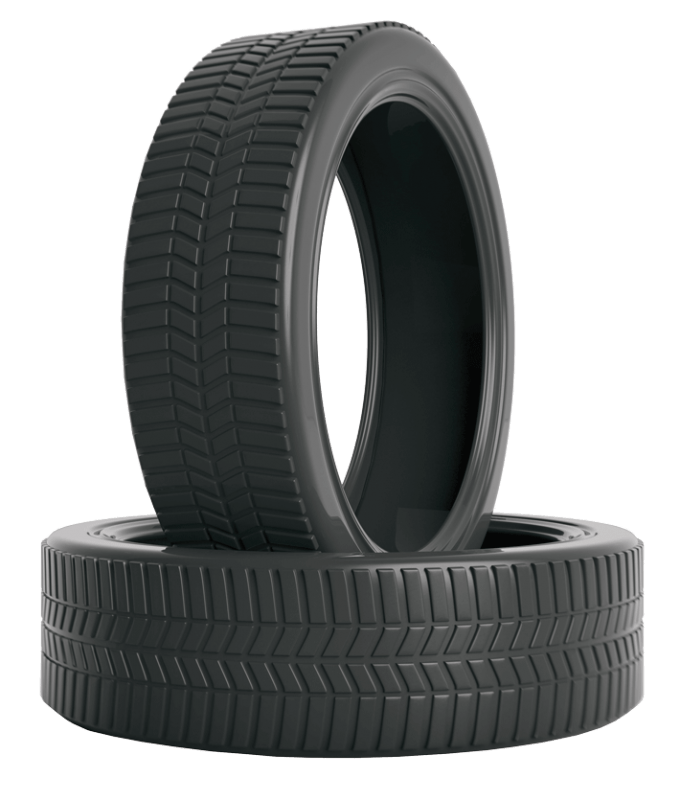
Quick Turn Around
We have very quick turn-around times, especially for cosmetic repairs and minor damage.
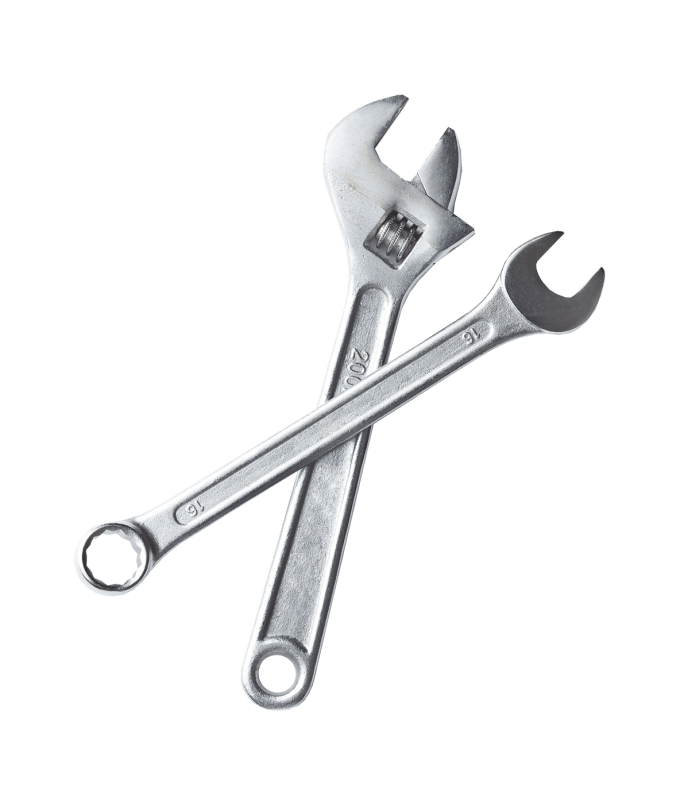
Cost Effective
We’ve all experienced the dollar signs that flash before your eyes during minor accidents.
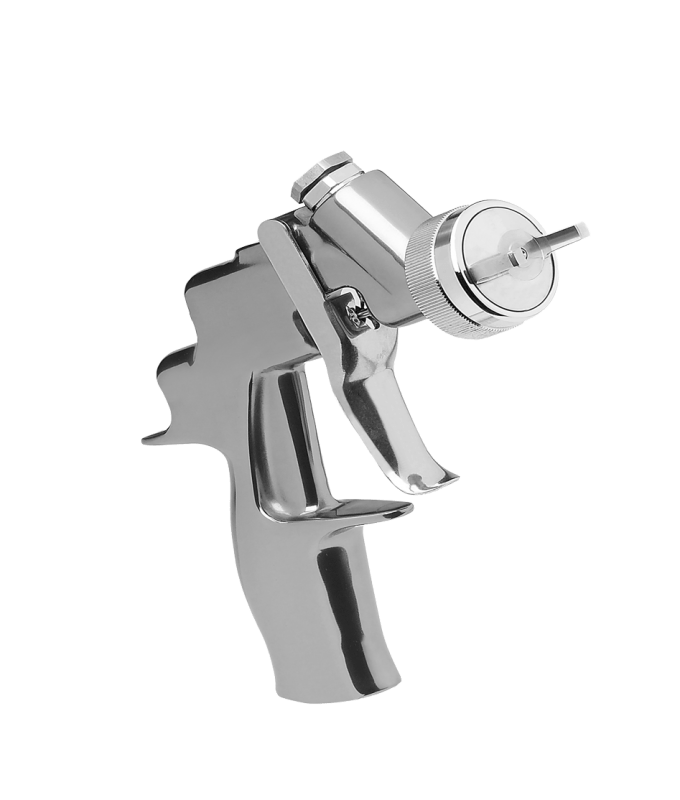
Experienced
Mt Roskill Centre’s technicians have years of combined experience.
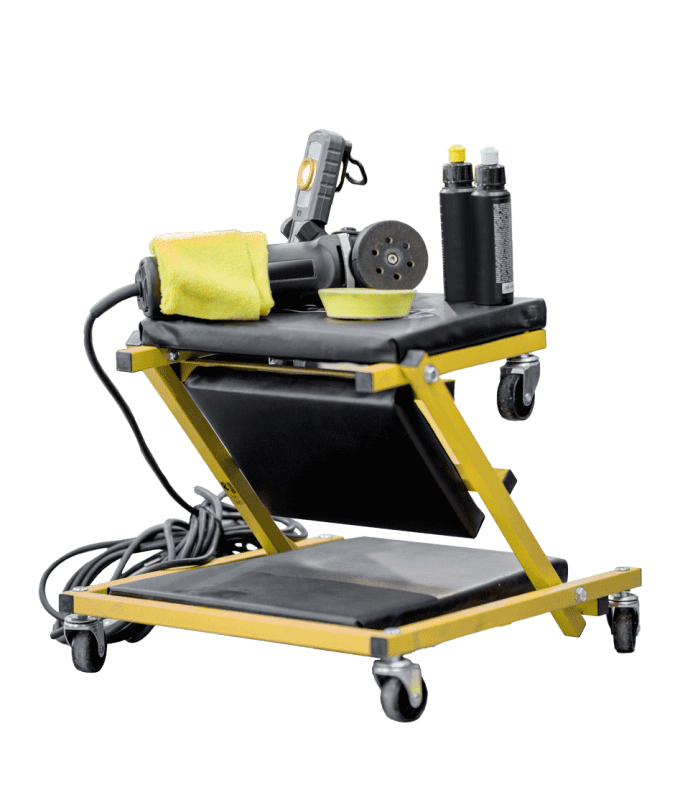
Perfectionist
We’re only satisfied if you can’t tell where our work begins or ends.
